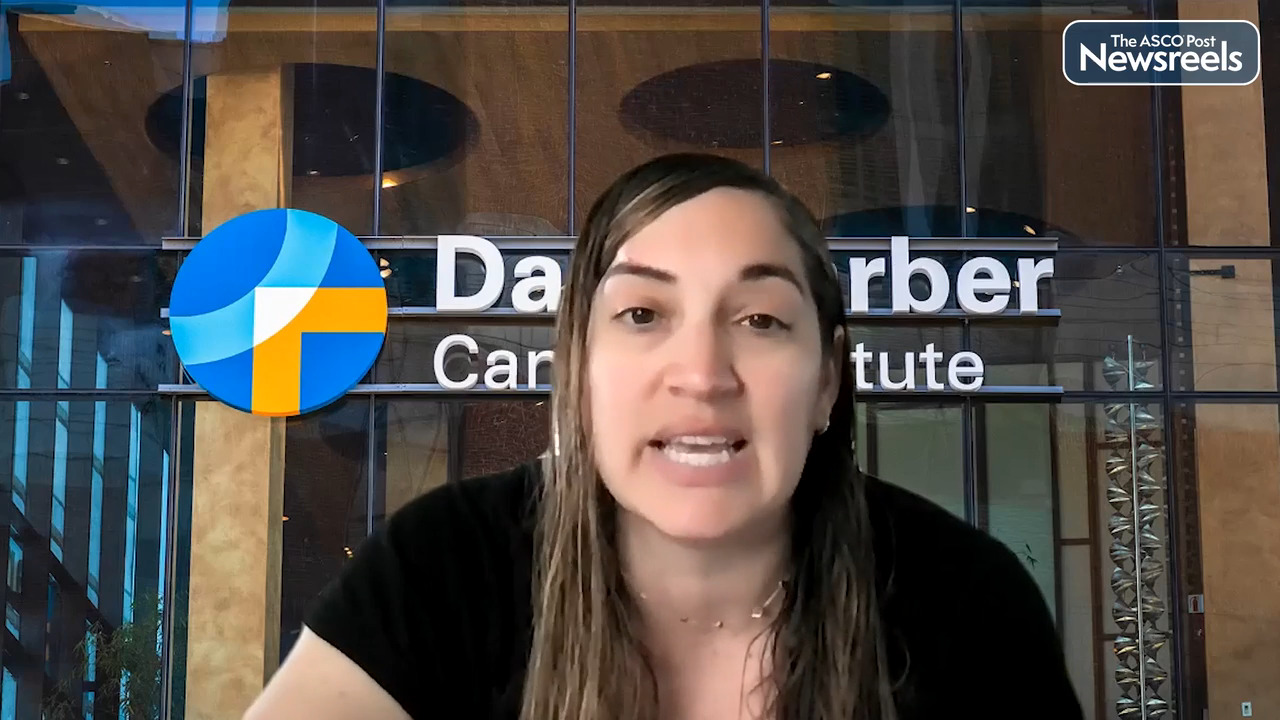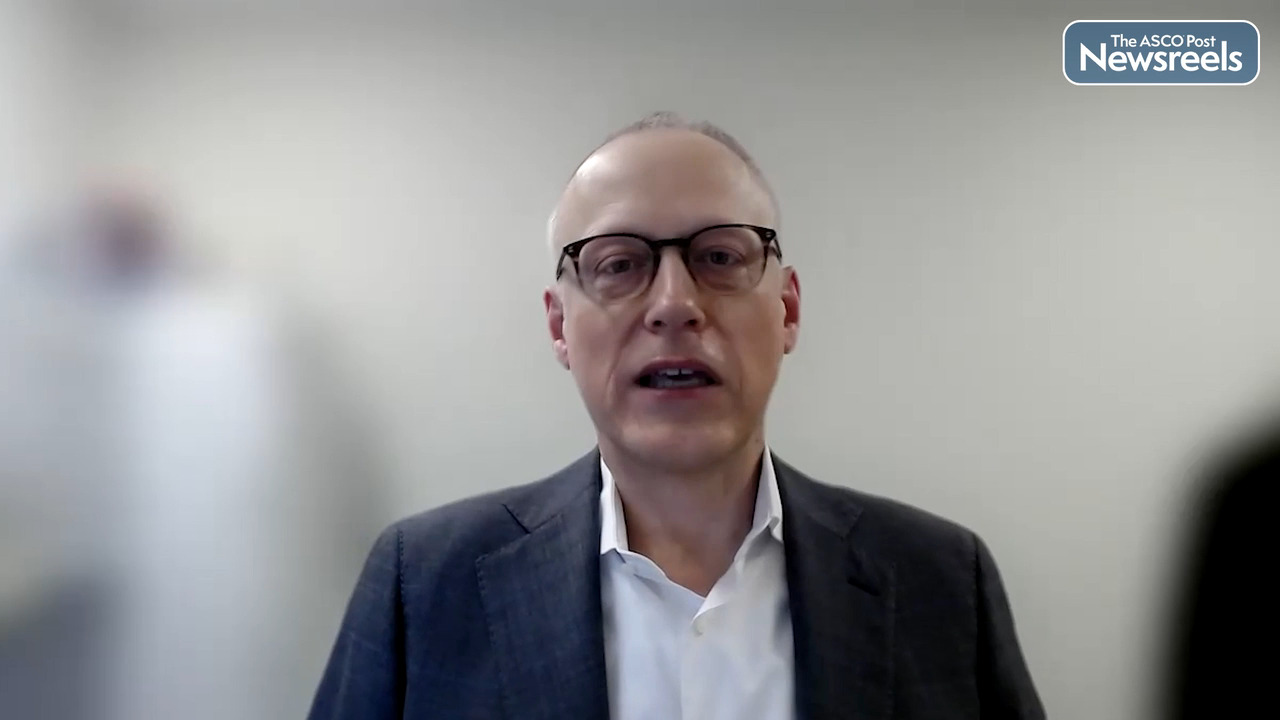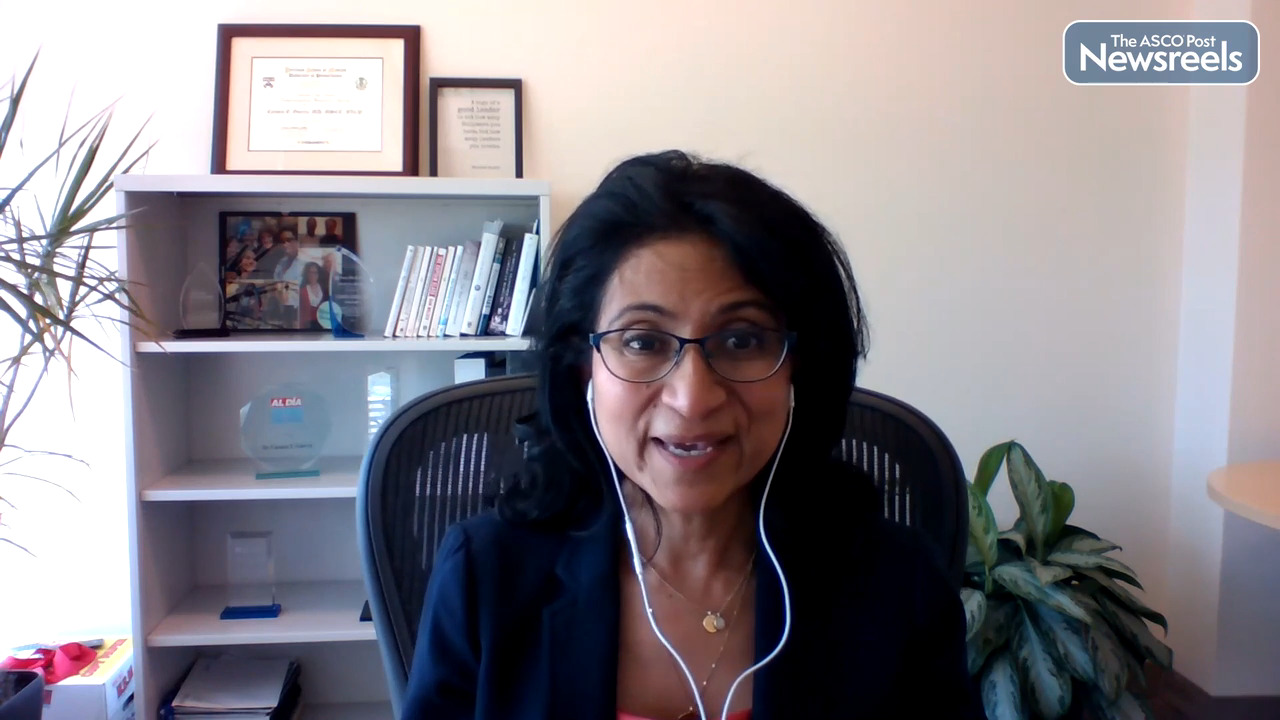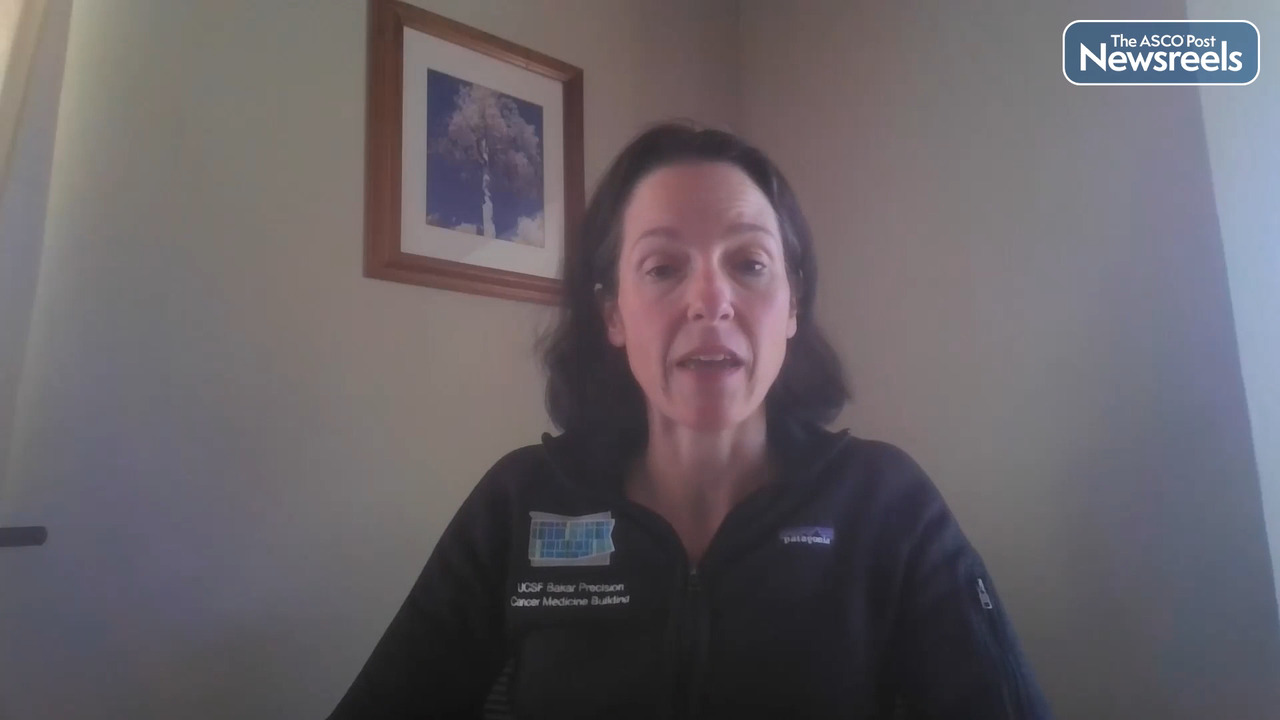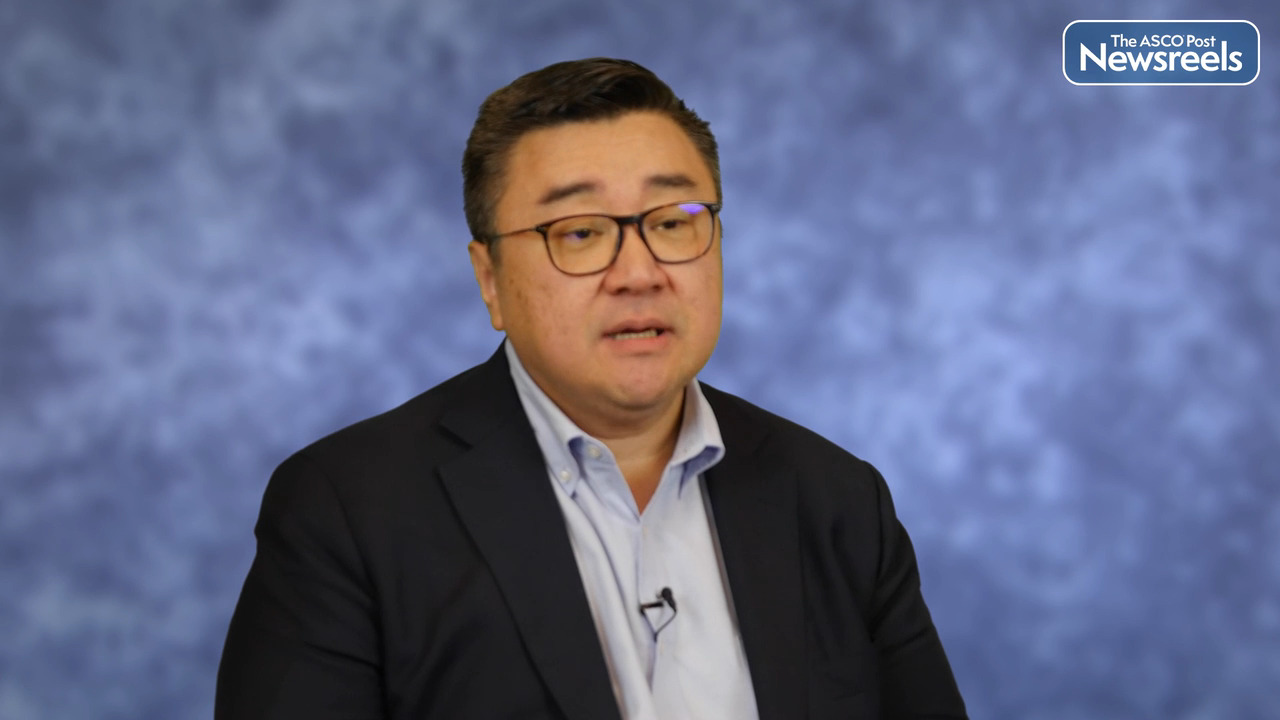Karriem S. Watson, DHSc, on Early Engagement in Clinical Trials for Underrepresented Communities
AACR Annual Meeting 2023
Karriem S. Watson, DHSc, MPH, of the National Institutes of Health All of Us Research Program, discusses the importance of engaging in clinical trials for those who are underrepresented in biomedical research. Community engagement is a proven and effective tool, Dr. Watson says, to enhance participation in research by increasing access to and awareness of medical studies and has already been shown to expand the reach of therapies, improving cancer outcomes. (Abstract PL03-05)
Transcript
Disclaimer: This video transcript has not been proofread or edited and may contain errors.
It is been my pleasure to discuss the importance of diversity in clinical trials. As a cancer disparities researcher and as well as Chief Engagement Officer for the NIH All of Us Research Program, I've seen firsthand what intentional community engagement can do to improve cancer outcomes. I've seen the impact of community-based participatory research as an evidence-based tool to support reaching populations that have been historically underrepresented in biomedical research. We think about populations that carry some of the greatest burden of cancer, such as African-American men. In my research, I've been able to engage African-American men as citizen scientists by working with barbershops, by working with faith leaders as well as members of fraternities and other civic organizations to ensure that we engage members from the community, members that carry the same burden of disease that we see in the populations, that we want to do outreach to engage those partners as equal participants and equal partners in our work.
And it's been through trusted relationship building that we've been able to address and mitigate some of the historical misgivings that have happened, such as when you think about things and studies like those that happened to Henrietta Lacks, when you think about the United States Public Health Service study of syphilis in Tuskegee, Alabama, you think about the historical medical mistrust that has happened. As a result of some of that historical medical mistrust it's important for us to build honest and transparent relationships with people. And through the NIH All of Us Research Program , it's been through these trusted relationships through an engagement ecosystem of over 135 national and local partners that we've been able to build partnerships to address trust, to address transparency, to address things like how do we return value in research, and it's through those trusted partners that we'll be able to advance health disparities research.
Additionally, in my work, I've also looked at some of the ways that we can culturally tailor our educational tools. When you think about a lot of the resources that we have to address cancer disparities, a lot of those resources were not made by, for, nor with populations that carry the greatest burden of disease. In my work, I've found that including the community in both the design, the implementation, as well as dissemination of the research will improve the reach as well as help us to get to mitigating many of those cancer disparities. In the All of Us research program, we've seen firsthand that including community members as partners through intentional community engagement can actually increase the representation of diverse populations in research. We actually have unprecedented numbers of diversity equity inclusion with over 46% of our participants who self-identify as racial and ethnic minorities. And over 80% of our participants are from an underrepresented group in biomedical research. All that has been achieved through direct community engagement.
Related Videos
The ASCO Post Staff
Christina M. Dieli-Conwright, PhD, MPH, of Dana-Farber Cancer Institute, discusses her research on the ways in which postdiagnosis exercise, particularly resistance exercise, can build strength and muscle mass and affect cancer outcomes. She also describes her focus on biomarkers related to body composition, inflammation, metabolic dysregulation, and cognition—all influenced by exercise.
The ASCO Post Staff
Marcus O. Butler, MD, of Toronto’s Princess Margaret Cancer Centre, discusses evidence of tumor response in orbital lesions treated with tebentafusp in patients with metastatic uveal melanoma. Tebentafusp is a first-in-class novel bispecific protein, the first therapy to show superior overall survival compared with standard therapy for metastatic uveal melanoma. Based on these study findings, a role for this agent as a neoadjuvant treatment warrants further investigation. (Abstract LB 118/1)
The ASCO Post Staff
Carmen E. Guerra, MD, MSCE, of the University of Pennsylvania Abramson Cancer Center, discusses the ways in which community outreach, programs to help patients access cancer clinical trials, and institutional policies such as ASCO’s Just Ask program can help increase equity, diversity, and inclusion in cancer clinical trials and reduce unconscious bias.
The ASCO Post Staff
R. Katie Kelley, MD, of the Helen Diller Family Comprehensive Cancer Center at the University of California, San Francisco, discusses phase III findings of the KEYNOTE-966 study, which showed that adding the immune checkpoint inhibitor pembrolizumab to gemcitabine and cisplatin improved overall survival in patients with untreated metastatic or unresectable biliary tract cancer. (Abstract CT008)
The ASCO Post Staff
Timothy A. Yap, MD, PhD, of The University of Texas MD Anderson Cancer Center, discusses safety and efficacy data on three different PARP inhibitors combined with the ATR inhibitor camonsertib in patients with solid tumors harboring DNA damage response alterations. The findings showed that low-dose intermittent regimens of camonsertib and different PARP inhibitor combinations were safe. In addition, anticancer activity was observed in patients with platinum- and PARP inhibitor–resistant tumors. Patients with late-line ovarian cancer derived the most benefit from therapy. (Abstract CT018)
